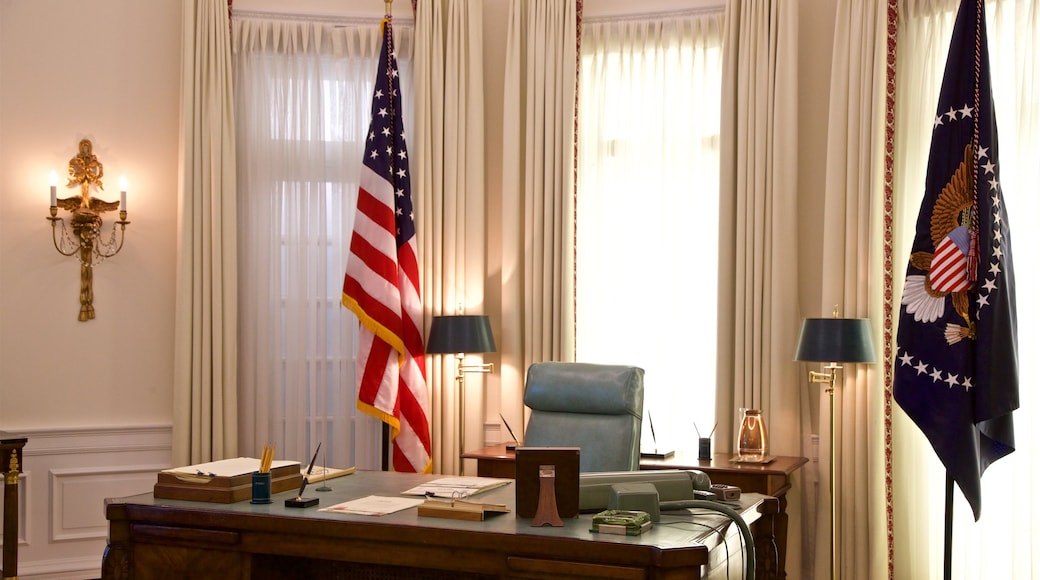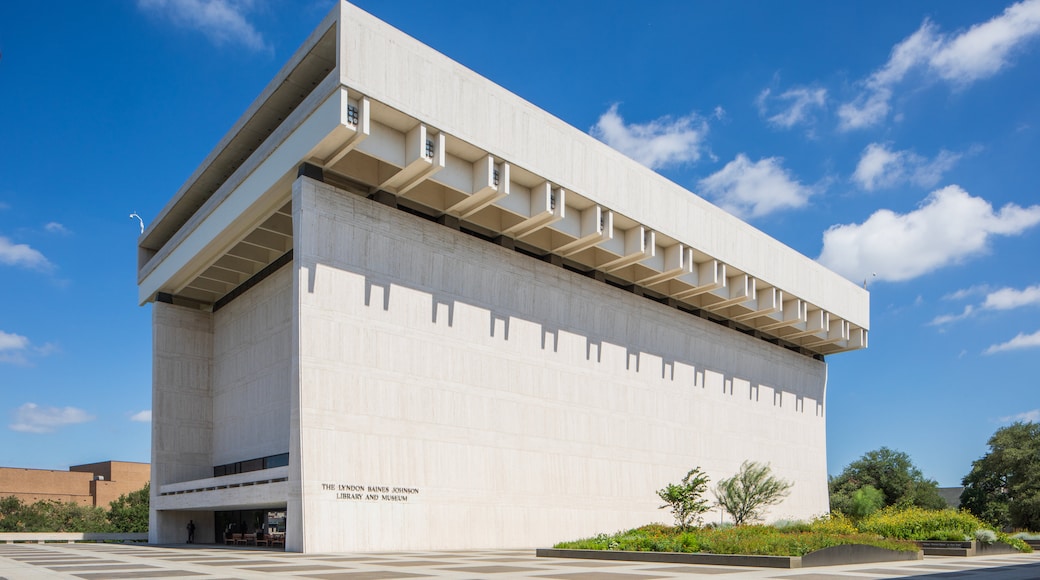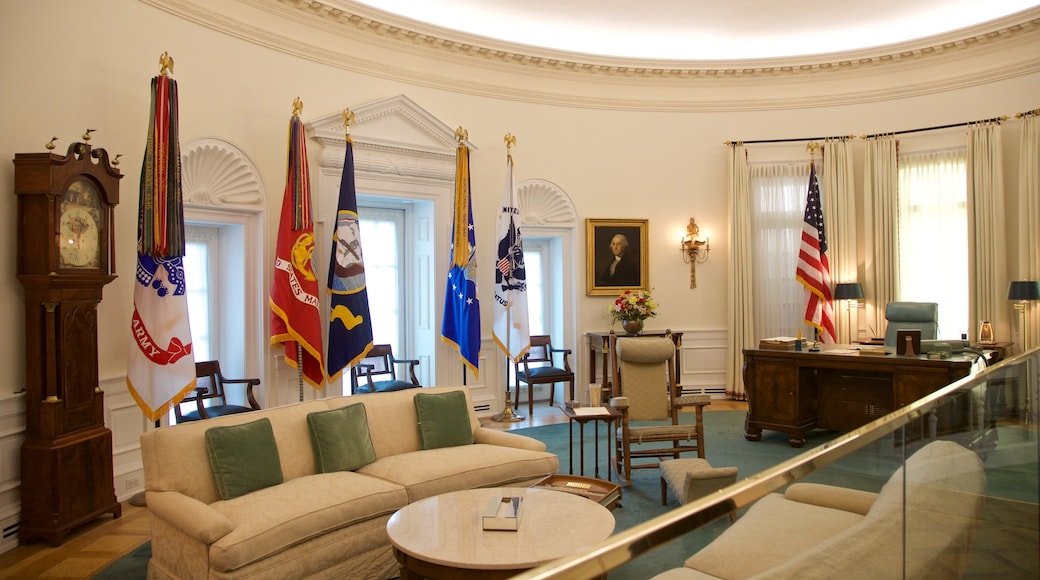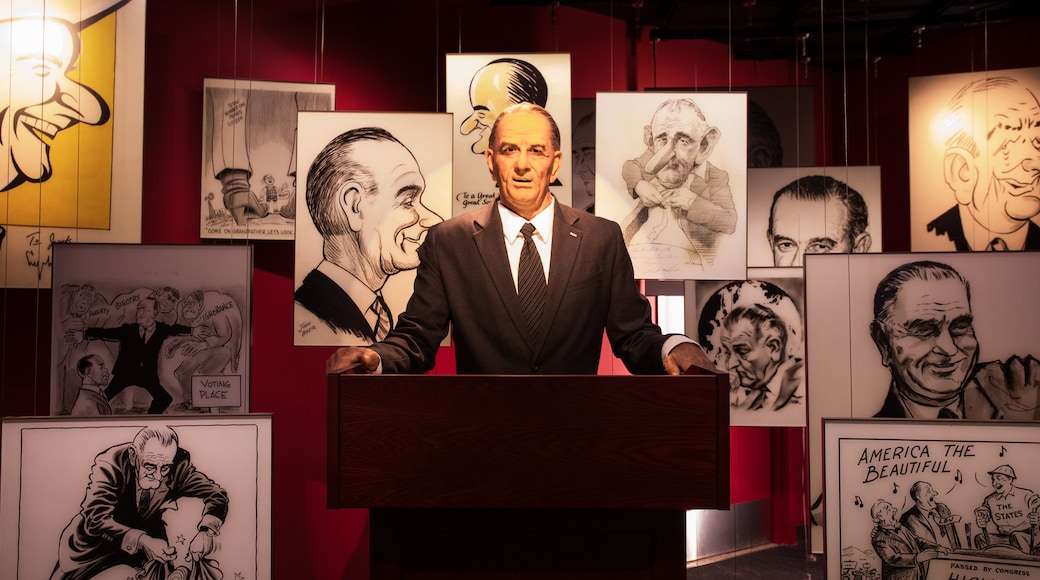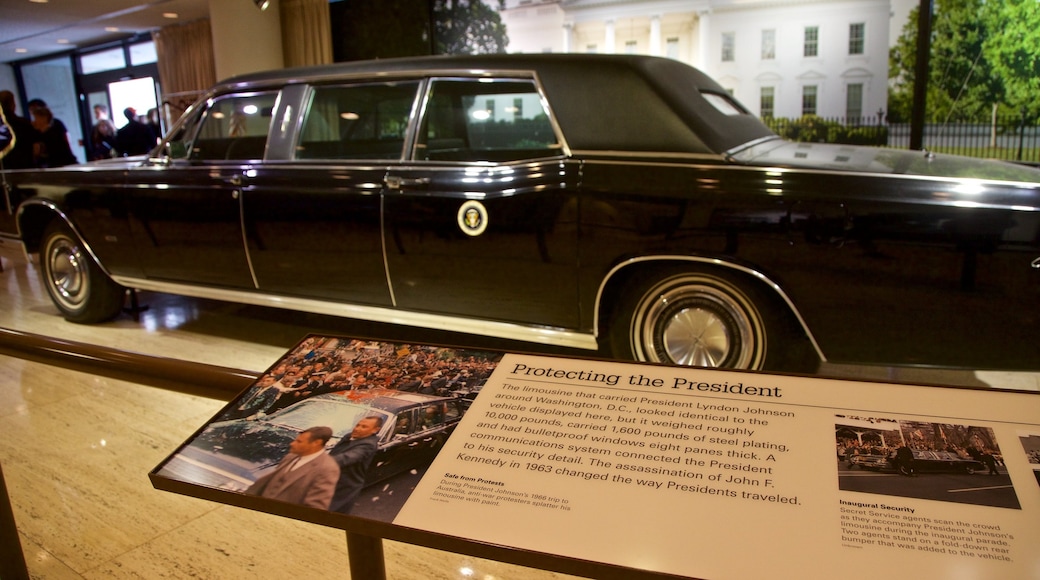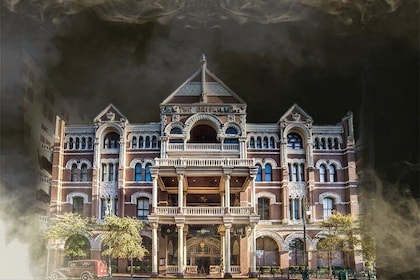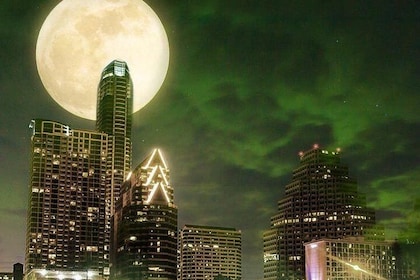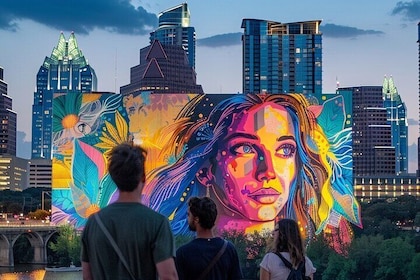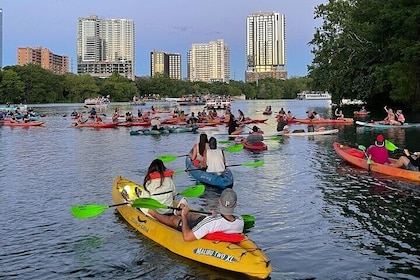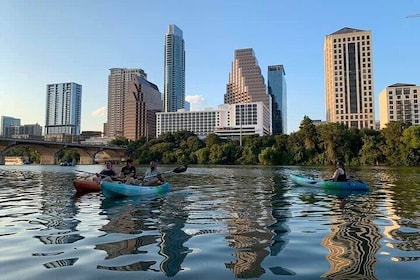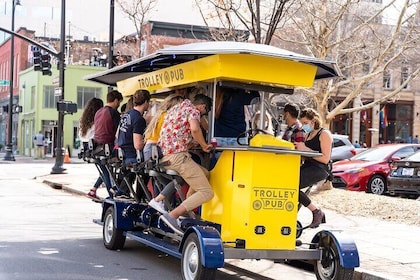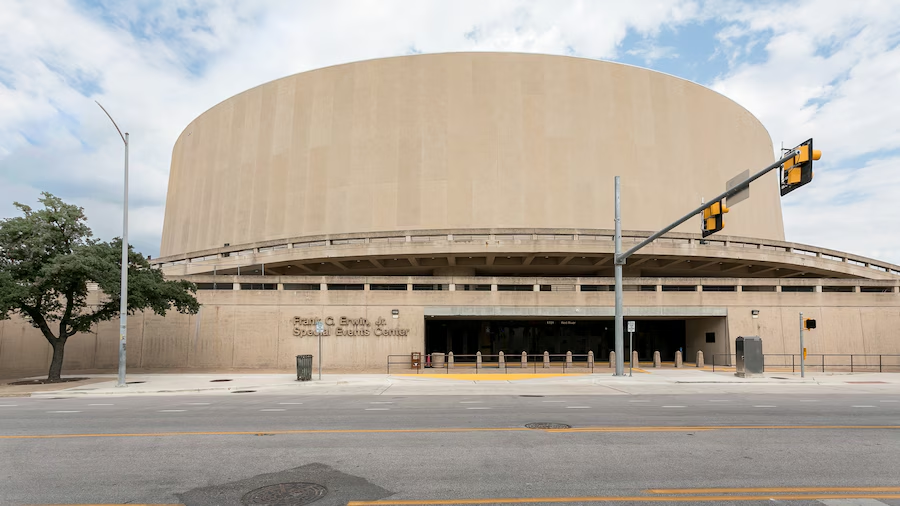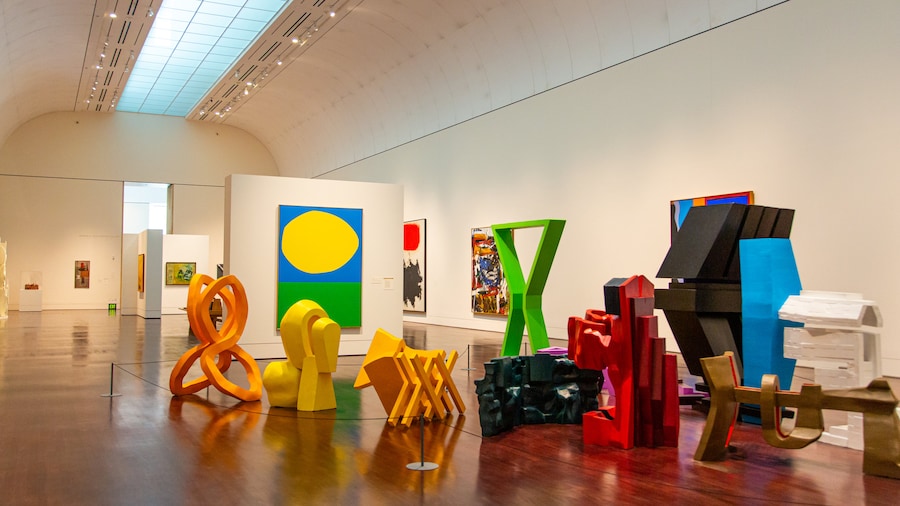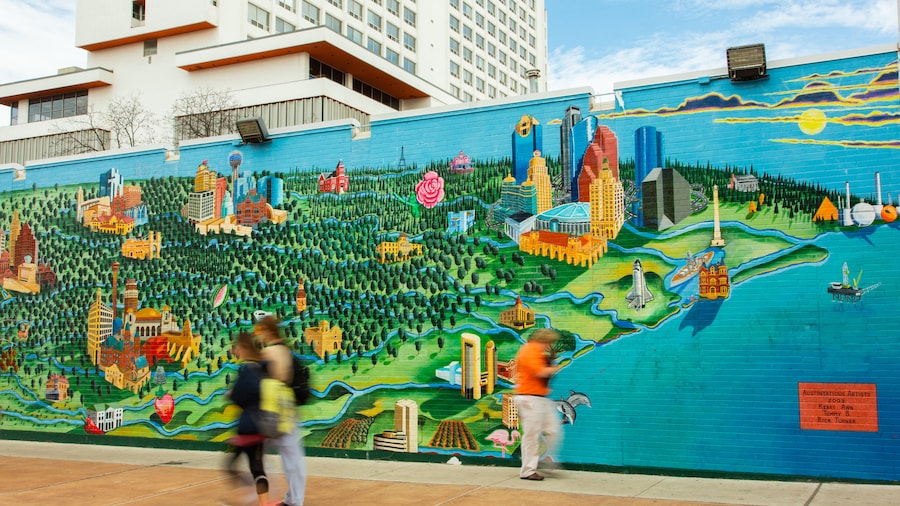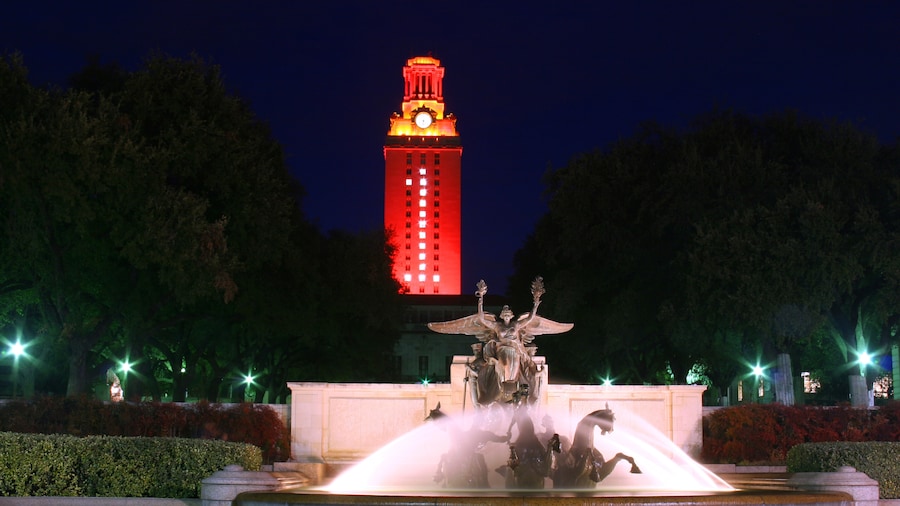Browse the thousands of items at this museum and library to gain insight into 1960s America and the life of Lyndon B. Johnson, the president for most of the decade.
The LBJ Presidential Library is a vast monument to a presidency as well as to an important era in American life and politics. Lyndon B. Johnson’s Democratic Presidency spanned much of the 1960s, running from 1963 until 1969. Learn about this period in the nation’s history, and Johnson’s role in it, as you explore the thousands of books, documents, exhibits, audio recordings and more housed in this enormous building.
The library opened in 1971, with Johnson defining it as a place of complete transparency about his presidency. Johnson came to power after the 1963 assassination of his predecessor, John F. Kennedy, an era-defining event in U.S. history. Listen to the library’s extraordinary recording of the phone conversation between Johnson and Kennedy’s widow Jackie, which took place just days after the murder. You will quickly get a sense of just how personal this library was to Johnson.
Johnson would go on to be remembered for many other things in addition to the circumstances of his presidency. In particular, he is known for signing the Civil Rights Act of 1964, which ended racial segregation in the U.S. Hear a conversation between him and iconic civil rights activist Martin Luther King Jr., recorded prior to the signing of the Act.
The library contains much more than just audio recordings. See clothes Johnson wore, the limousine that once belonged to him and many more of his personal effects.
Pay a visit to a detailed recreation of the Oval Office as it would have looked during his presidency. And learn about his role in the Vietnam War, for which he is often criticized.
Find out what is on at the library before you come, as it hosts rotating temporary exhibits in addition to its permanent collections. It is also often the site of special events and talks. Book a tour in advance to learn more about the exhibits.
Visit the LBJ Presidential Library any day during normal office hours. There is an admission fee, but children enter for free. You won’t have to pay if you come on one of the annual free admission days, including Martin Luther King Day, Presidents Day, Memorial Day, the Fourth of July and other significant holidays.
